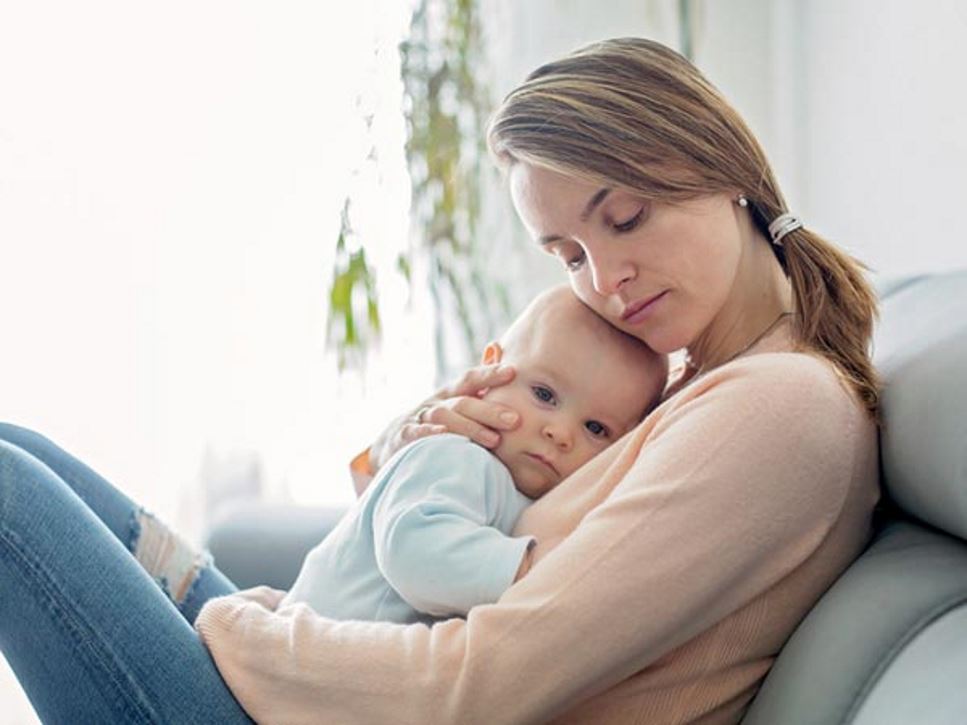Newborns don't need extra water. Breast milk or infant formula generally will supply enough fluid to meet their needs.
If your child is sick with mild diarrhea or vomiting, keep breastfeeding if you are nursing. Breastfeeding helps prevent diarrhea, and your baby may recover quicker. If you are using formula, make it full strength unless your health care provider gives you different advice.
Contact your baby’s health care provider immediately if:
- Your baby is a newborn (under 3 months old) and has diarrhea.
- You see signs that your child may be dehydrated, such as dry lips, mouth and tongue; no tears when crying; no wet diaper for three hours; or faster than usual heartbeat.
- Your baby has a fever and diarrhea or vomiting.
Check with your baby's health care provider about replacing fluids if your baby is sick. Diarrhea and vomiting may lead to dehydration — and make your baby quite sick — if fluids aren't replaced. But don't reach for water, a sports drink or juice (which can make diarrhea worse). Your doctor or pediatric nurse may recommend an oral rehydration solution made specifically for infants and children. Besides fluid, the solution contains small amounts of glucose (a form of sugar) and minerals (sodium, chloride and potassium) called electrolytes. Electrolytes help maintain fluid balance in your baby's body cells. These minerals are lost with diarrhea or vomiting. An oral rehydration solution won't stop the diarrhea or vomiting, but it does prevent dehydration.
Before feeding your infant or child an oral rehydration solution, consult your child's health care provider. It’s important that you check with them rather than trying to manage replacing fluids for your baby on your own. Besides the risk of dehydration, diarrhea and vomiting may signal an illness that requires medical attention. Avoiding dehydration is important, but that alone does not solve the underlying problem.
On the other hand, diarrhea in babies usually does not last long. Most often, it is caused by a virus and goes away on its own, or is a temporary response to a change in the baby’s (or a breastfeeding mother’s) diet.
References
Find a Nutrition Expert
Looking for credible nutrition information and recommendations? The Academy of Nutrition and Dietetics' network of credentialed food and nutrition practitioners are ready to help!


